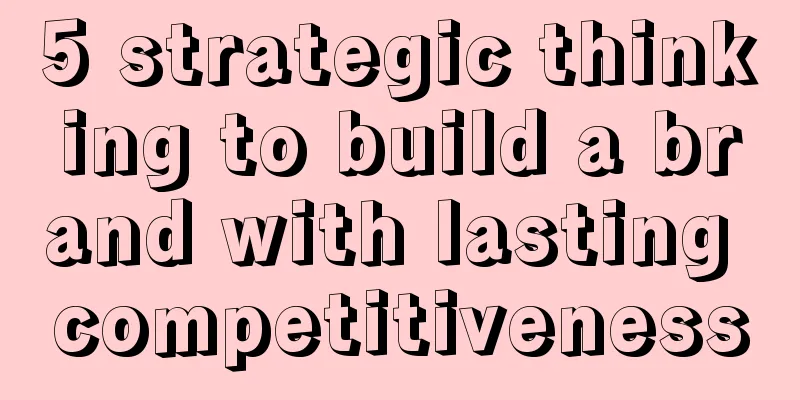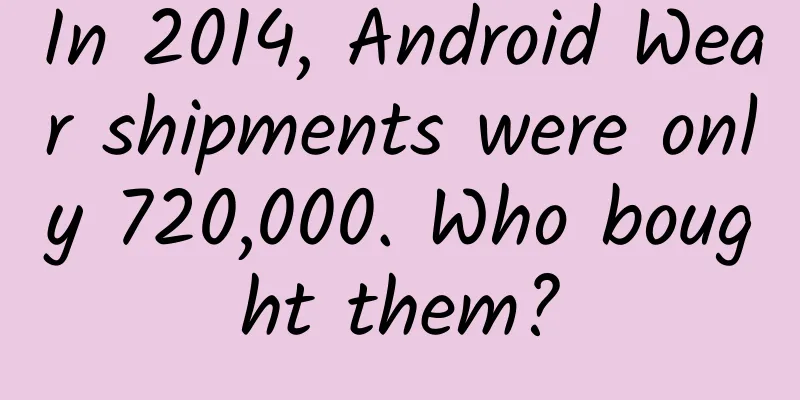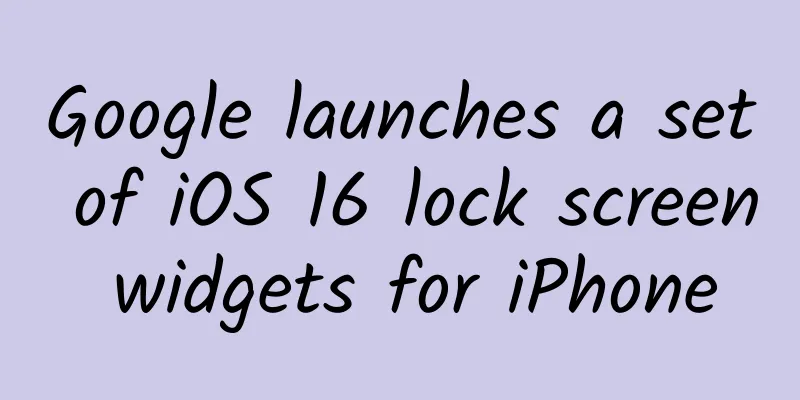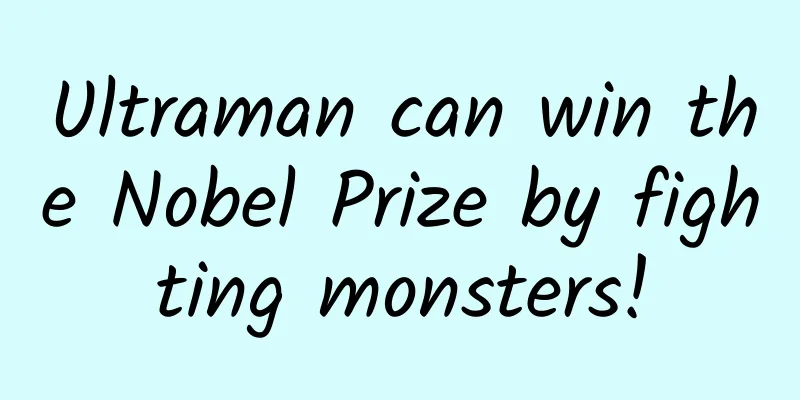Eight augmented reality toolkits worth paying attention to by app developers
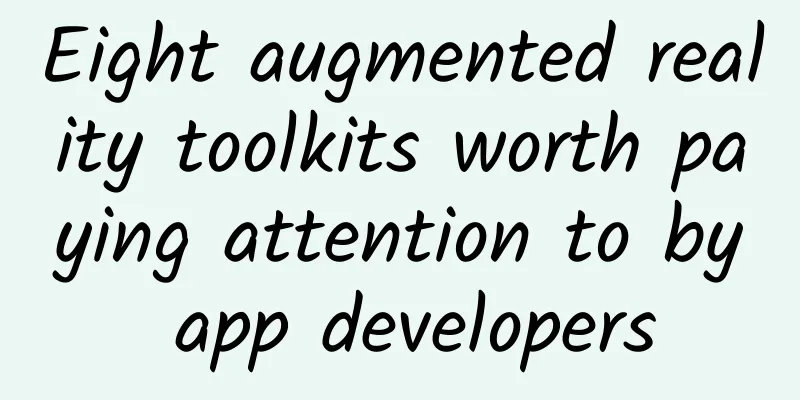
|
[51CTO.com Quick Translation] Although the COVID-19 pandemic has hindered people's pace, it has not stopped the rapid development of science and technology. Today, the various advances in the digital world are deeply affecting all areas of society, including business and education. Many companies have also promptly expanded their service scope to consumers around the world by adopting various new technologies and launching various new products.
As the main form of delivery, many new features and functions of software products need to be presented to users through applications (APPs). In order to ensure that the applications are attractive enough and achieve the effect of "attracting eyeballs", they often need to introduce augmented reality (AR) functions. To this end, developers must understand how to use and deploy various augmented reality software tools in the system to create a friendly user interface. Here, I have compiled eight augmented reality toolkits worthy of attention by application developers for your reference and selection. 1. Vuforia Vuforia is an indispensable tool in the development of augmented reality applications. This toolkit will ensure that your application can run efficiently on all major platforms such as iOS, Android, Unity Editor, and UWP (Universal Windows Platform). If you install this toolkit in your system, it will show software users their favorite products in 2D and 3D views through Vuforia Object Scanner. At the same time, it provides a text recognition function with more than 100,000 words and various customized vocabulary options. In addition, when users browse certain parts of a specific product, Vuforia can play various video clips on demand for them. Although the SDK of the toolkit is free, developers may encounter functional limitations and their watermarks in the product when using it. Therefore, if you want to use it without restrictions in application development, you need to order its commercial license. 2. Wikitude Wikitude is another augmented reality toolkit that works on multiple platforms, including iOS, Android, and smart glasses. It uses SLAM (Simultaneous Localization and Mapping) technology to generate a 3D view of the product in the app. Currently, the new version of the toolkit, Wikitude SDK 7, has advanced camera capabilities and expanded tracking capabilities. It not only allows users to perform image recognition and tracking with confidence and efficiency, but also locates customers according to their geographic boundaries on demand. Similar to Vuforia, application developers can use the tool for free or remove restrictions such as watermarks through subscription options. 3. ARKit ARKit, launched by Apple, has brought new technological innovations to the entire software industry. Developers in the field of augmented reality can use it to enhance the existing popularity of their products and further expand the reach of their brands. After deploying ARToolKit, you will have a TrueDepth camera that can recognize the current user's facial structure, position, and expression, thereby ensuring high accuracy and safety during use. The Visual Inertial Odometry, or VIA, provided by the tool allows users to fuse Core Motion data with data captured by the camera sensor, allowing different movements to be tracked without the need for additional calibration. 4.ARCore Compared with ARKit, Google has proposed a competitive toolkit, ARCore. This toolkit supports almost all platforms, including Android 7.0 and higher, and iOS 11 and higher. Moreover, since most new mobile phones are equipped with components that can sense changes in the surrounding environment, they can use the deployed ARCore tools that support AR to track the user's position and various actions in real time. At the same time, the tool can also place text and objects in an ideal environment, thereby achieving an effective fusion of the real world and the virtual environment. 5. Maxst Through two SDKs, Maxst provides 2D technology for image tracking and 3D systems for environmental recognition. The toolkit not only has visual simultaneous positioning and mapping capabilities, but also provides excellent tracking services. When tracking the surrounding environment, it can cache map content in advance because the map automatically expands beyond the default view as the camera moves. As long as the target to be tracked reaches the level that the camera can recognize, Maxst can scan QR (two-dimensional code) and barcode through multi-target tracking service. In the application, Maxst can track three images at a time according to the relative position of the object to achieve positioning and tracking functions. At the same time, the toolkit can also provide unified plug-in integration for application developers. 6. Kudan Since both Vuforia and Kudan offer almost similar functionalities and support all possible platforms, it is often difficult for app developers to choose between the two toolkits. Kudan is capable of enabling both marker-based tracking as well as marker-less tracking. Marker-based AR applications can be embedded in software on various devices to detect patterns in images captured by the camera. In addition, Kudan ensures that the application has real-time texture deformation capabilities and high-quality 3D graphics support. However, you may encounter application crashes when using this toolkit. This may be a reason for app developers to switch to Vuforia. 7. DeepAR Although not as popular as other augmented reality toolkits, DeepAR has been involved in the development of Hailo applications, Candy Crash, NASA, and the Russian Space Agency's manufacturer products. It provides four types of effects: rigid objects, morph masks, post-processing effects, and deformable masks. Therefore, in mobile devices and desktop interfaces, developers can let applications display high-quality facial shots with multiple masks and special effects. In addition, with patented data models and machine learning technology, the toolkit can detect changes in users' facial expressions in real time even on lower-spec Android phones. 8.Xzimg This toolkit from Hong Kong is suitable for web browsers, mobile phones and desktop applications. It can not only easily track facial expressions, but also provide enhanced visual effects, magic facial features, and enhance facial recognition in videos. summary As an AR developer, your priority is to make your company's application products provide customers with an excellent and memorable user experience. I hope you can take some time to learn about the 8 augmented reality toolkits introduced above one by one, and master their unique features so that you can give full play to their advantages in "enhancing" your business in real project scenarios. Original title: Top 8 Augmented Reality Toolkits App Developers Should Consider, Author: Amaan T [Translated by 51CTO. Please indicate the original translator and source as 51CTO.com when reprinting on partner sites] |
>>: WeChat 8.0 is awesome! But it's fatter
Recommend
How to develop a points system for a distribution system?
1. Login and send points Daily check-in will earn...
360 brings in the Coolpad master: How much of a role can he play?
Qihoo 360 invested 400 million US dollars to form...
How does Perfect Diary, a company worth hundreds of billions of yuan, manage private domain traffic?
A word of caution: The launch of Perfect Diary ha...
Stranger social networking and new media operations are inseparable
New media operations basically revolve around fan...
After taking liver protection tablets, staying up late is safer? Drug-induced hepatitis is more likely to happen to you
Drinking alcohol hurts the liver, getting angry h...
11 types of locks and performance comparison in iOS development
[[221143]] In daily development, we often use mul...
360,000 yuan? Xiaomi, a newcomer to the car manufacturing industry, may have a high price tag due to its lack of voice in the supply chain.
On January 30, it was reported that a Xiaomi pure...
2015 App Store Submission Review Guide (Part 1)
Introduction: When uploading new products to the ...
Secrets of lunar soil: Oxygen and fuel may be produced on the moon
Science and Technology Daily reporter Jin Feng A ...
TV customized air combat game is coming "Overlord" first experience
Screen: Sound Effects: operate: Plot: Experience:...
Is AI’s “knowing people by their tongues” a waste of money?
Produced by: Science Popularization China Author:...
The three guarantees service is in name only. Who is responsible for the chaos in mobile phone after-sales service?
While mobile phone manufacturers are constantly u...
Bojinhui Xiaobai Welfare Online Earning Project, long-term stable monthly income of 5,000
Bojinhui Xiaobai Welfare Online Earning Project, ...
Selling a car loses 200,000 yuan, BBA refuses price war, and the Chinese auto market enters a period of anti-involution
No more curling! BMW announced that it will offic...
Some people were silent when they saw this picture, while others were envious.
The World Cup is over. I wonder if you still reme...


